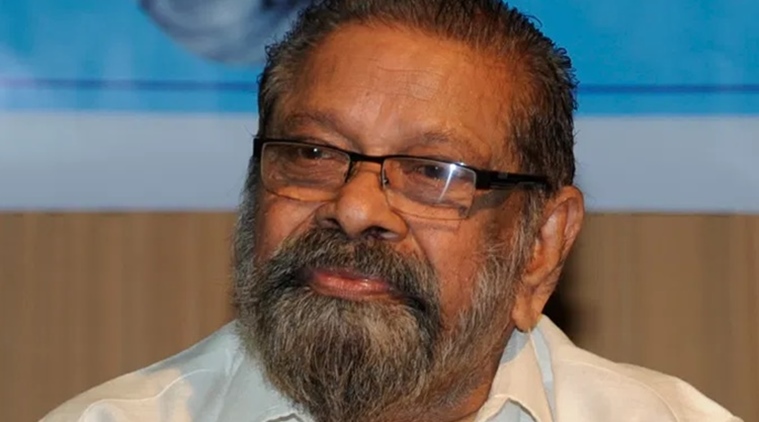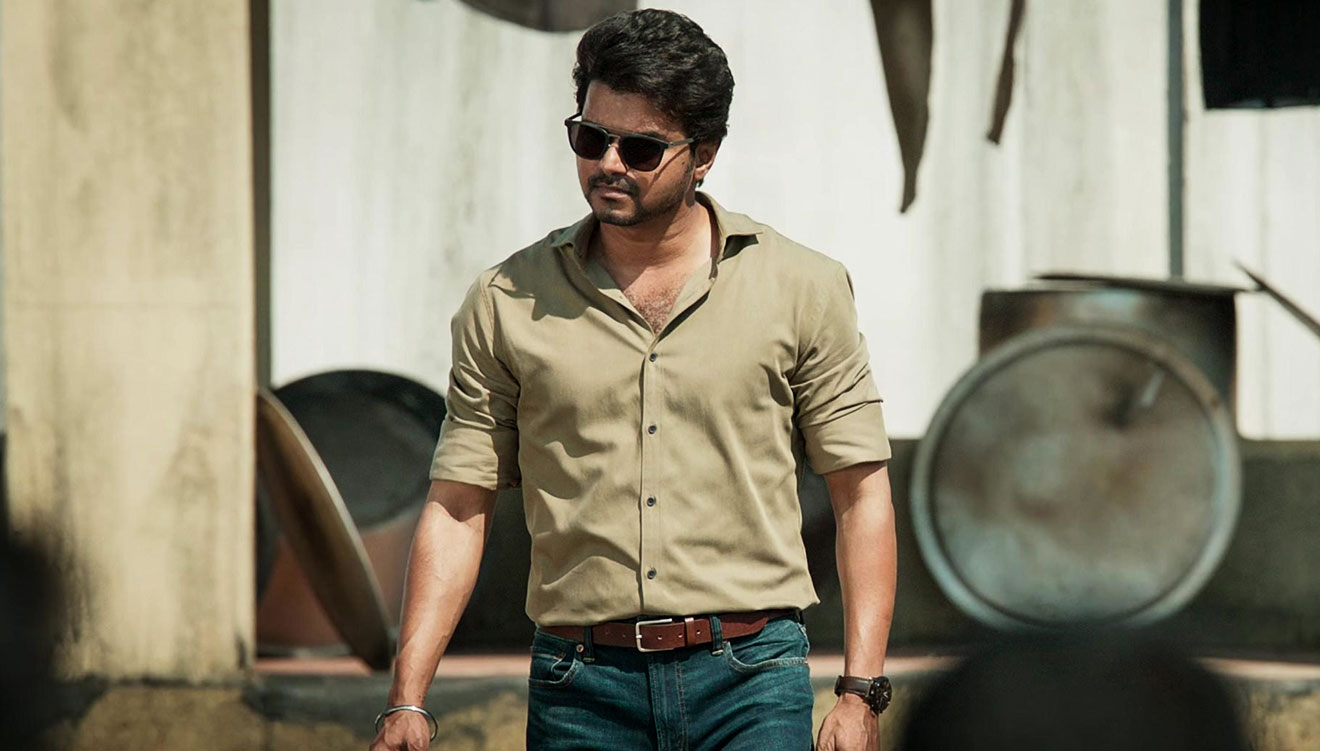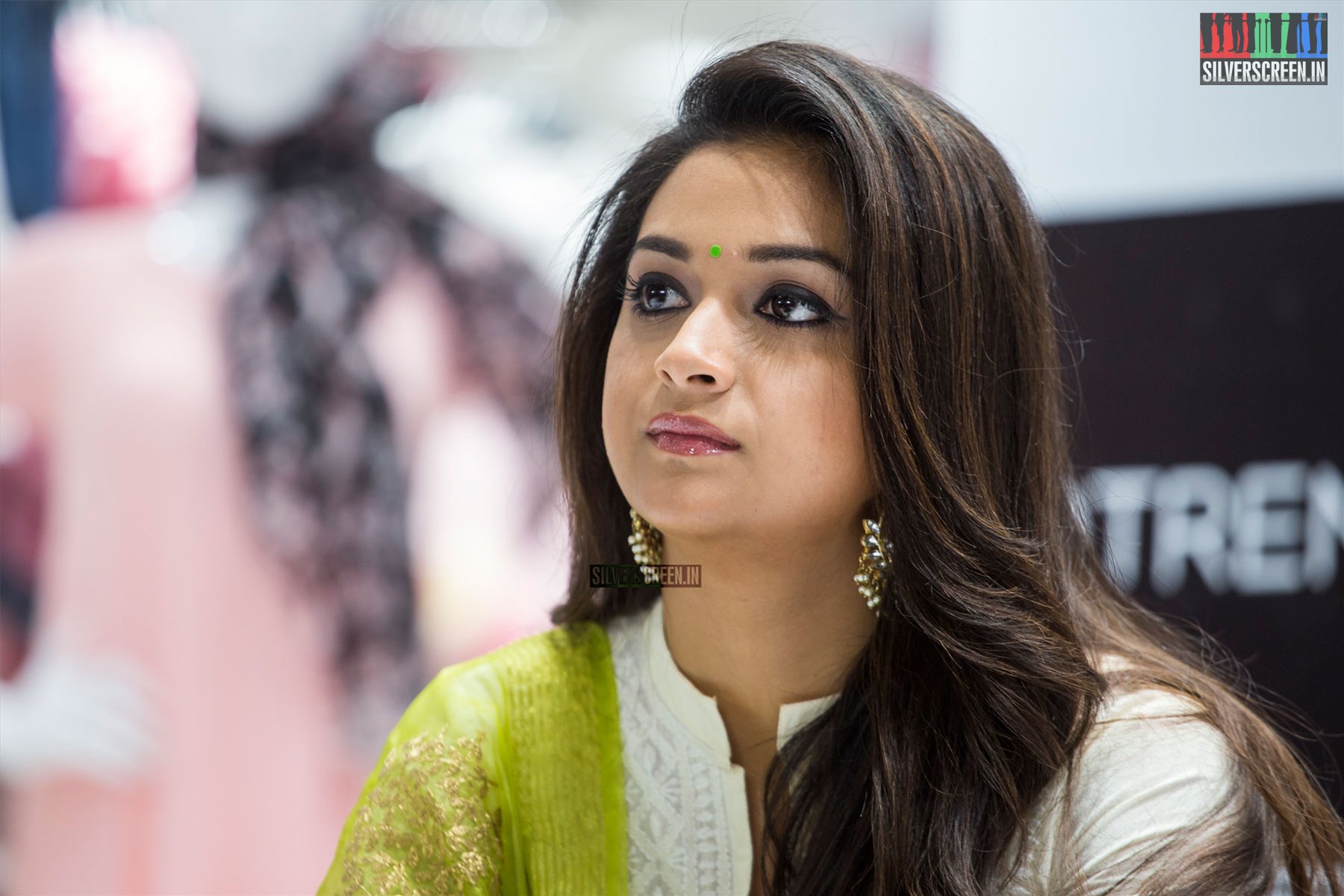Malayalam cinema’s music maestro, fondly known as Arjunan Master, died on Monday at his Kochi residence. He was 84. Amidst the national lockdown to contain the Corona virus, his cremation was held at Palluruthi crematorium with State honours, attended by fewer than 20 people, on the same day.
With the death of MK Arjunan, one more of our last links to a golden past of Malayalam film music has been severed.
Master made his debut in playback music composing through Karuthapournami (1968) and created the best of his works in the 70s, a period when songs, regardless of the genre of films, were composed with the utmost attentiveness, and music composers and lyricists were held in supreme importance in the film industry. Alongside stalwarts like MS Baburaj, Dakshinamoorthi and G Devarajan whom he regarded as his mentor, Arjunan Master created numerous soulful melodies that have easily outlived their films and heroes.
For the later generations, Master might be best known as the composer of Chettikulangara Bharani Naalil (Sindhu, 1975), a hugely popular “dance number” that partly borrows from Tequila (The Champs, 1958). A favourite pick of the state’s ganamela singers, a remix version of the song was used in Anwar Rasheed’s Chota Mumbai (2007). The remix version, however, mistook the charming geniality of the song for mindless noise.
To be carried away by the famous few of Master’s works is to deprive oneself of the lesser-known sublime melodies he created, sometimes for shallow comic-entertainers and crime-dramas. Neela Niseedhini, a song that bears the weight of a lover’s longing, is featured in a sleuth comedy, CID Nazir (1971), and Pournami Chandrika Thottu Vilichu, an eloquent romantic number for ages, comes in the backdrop of a shabby love story in an odd college comedy, Rest House (1969). In 1979, he composed songs for 23 films, a record number in Malayalam cinema. His partnership with Sreekumaran Thampi is one of the most successful and renowned in the history of Malayalam film music.
When director Jayaraj borrowed Master’s song, Kasthuri Manakkunnallo for his film Nayika (2011), someone uninitiated wouldn’t, in all possibility, have guessed that the song was originally composed four decades ago, for Picnic (1975). The composition exudes the warmth of the spring the lyrics talk about. The nadaswaram interlude after the pallavi, for one, is exceptional.
People who have known Master at various points in his life remember him as a soft-spoken man, immensely kind, and content with life. Prior to his film career, he worked in Kerala’s bustling theatre scene and received 14 State awards. He worked in over 200 films and created over 600 songs. in the most recent in Jayaraj’s Bhayanakam (2018) and Vellaram Kunnile Vellimeenukal that is still under production. When he won the Kerala State Film Award for music composition for Bhayanakam in 2018, many expressed disbelief that it was Master’s first state award in his career that spans five decades.
When journalist K Pradeep of The Hindu asked him in a post-award interview about the many occasions the state honour eluded him, he replied, “During those days of struggle, trying to make ends meet, learning music in between, and composing for amateur plays, my dream was to listen to one of my songs on radio. From there I have journeyed this far. What more can I ask for?” This was in reference to his childhood and teenage that was spent in poverty and orphanhood, in Fort Kochi where he was born, and a charity home in Palani where his mother sent him and his younger brother as she was unable to fend for them. His talent was first spotted by the head of the charity home who made arrangements to teach him Carnatic music. While he’s always maintained a stoic personality, he has, in several interviews, spoke of how the hardships he went through helped him grasp and give musical interpretations to deep philosophies and grief that poets like Thampi and Vayalar expressed in their lyrics.
Recommended
Arjunan Master’s contribution to film music isn’t limited to the songs he composed but the talents he discovered and mentored. Singer Sujatha Mohan made her debut as a playback singer through a song composed by Master in Tourist Bangalow (1975). Oscar-winning musician AR Rahman’s late father RK Shekhar worked with Arjunan Master as an associate in orchestration. After Shekhar’s death, his wife requested Master to take Rahman, who was then a frail boy obsessed with keyboard, under his wings. Thus, Rahman began his astoundingly successful career in film music by playing a keyboard bit in Master’s composition in Adimachangala (1981).
On Monday, Rahman paid a moving tribute to Master through a tweet and an old picture of them posing in between the recording of a song.
An act of kindness lasts a lifetime. I will never forget the love & encouragement you gave me during my childhood.Your innumerable melodic songs are a testament for your everlasting legacy. May you rest in peace MK Arjunan Master…My condolences to the family, friends & admirers pic.twitter.com/GpVO4FebII
— A.R.Rahman (@arrahman) April 6, 2020
A D V E R T I S E M E N T



